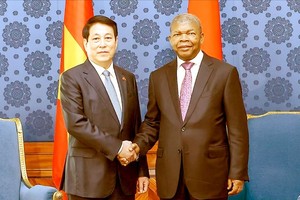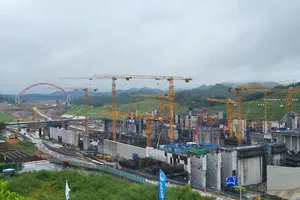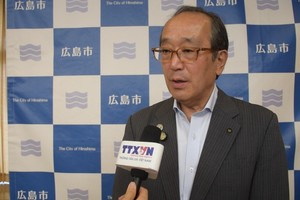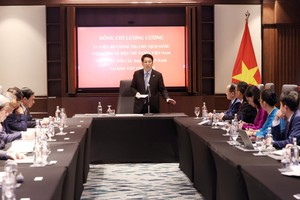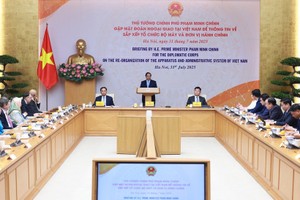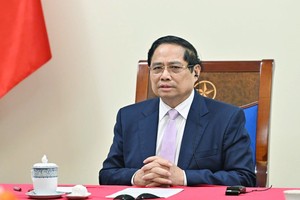Toyota announced a mass safety recall of its popular Prius and two other hybrid models in Japan Tuesday, plunging the auto giant deeper into crisis as lawsuits in the United States piled up.
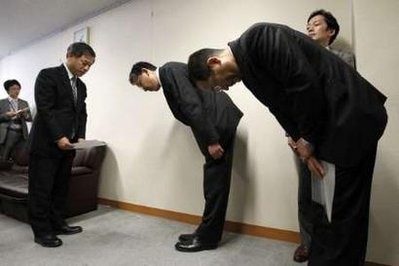
Toyota, facing a barrage of complaints ranging from unintended acceleration to brake failure, is scrambling to reassure drivers it did not sacrifice its legendary safety in its successful drive to be the world's largest automaker.
But in another heavy blow to its brand image, long synonymous with reliability and quality, Toyota recalled 199,666 Prius vehicles in Japan owing to faulty brakes, part of action that is expected to spread worldwide.
It is also pulling the plug-in version of the Prius as well as two other petrol-electric cars -- the Sai sedan and the luxury Lexus HS250h -- taking the total number of hybrids affected in Japan to 223,068.
A Japanese government official said the action was expected to extend globally.
Altogether the move is expected to affect as many as 300,000 vehicles worldwide including the Prius -- the world's most popular hybrid, beloved by Hollywood stars and environmentalists alike.
Company president Akio Toyoda was scheduled to address the Prius issue at 0630 GMT in only his second news conference since the overall recall crisis went global nearly two weeks ago.
The company's troubles escalated with a new lawsuit in the United States filed by a California woman who alleges her Prius has severe braking problems which make it dangerous to drive.
Lawyers for the plaintiff are pursuing what is believed to be the first class-action lawsuit over the faulty Prius brakes, which would add to legal trouble facing Toyota over the accelerator problems.
The Japanese maker has said it redesigned the anti-lock braking system for Prius cars produced since last month.
It says a delay occurs when the vehicle switches to the conventional hydraulic brake from regenerative braking, used by hybrids to capture the energy of the car's motion to recharge the battery for its electric motor.
Customers have reported problems with the braking when driving at slow speeds, on slippery roads, or over potholes and bumps, Jim Lentz, president of Toyota's US sales arm, said in an interview with the website Digg.com.
"Exactly what the solution's going to be I can't tell you but I can assure you that we're going to do whatever's necessary," he said.
"We are working on a solution and we hope to have a solution for that very soon."
The group has denied it was slow to act on the safety problems. Lentz said the company received a report of a sticky gas pedal on a Tundra pick-up truck in 2007 but was unable to pinpoint the cause.
The accelerator problems have been blamed for several accidents, including one in California in August in which four family members were killed.
Toyota said it had resumed production in North America of several models whose sales were suspended over the accelerator issue.
But it will suspend sales in Japan of the Sai and Lexus HS250h hybrids while it develops a fix for those vehicles.
The trouble comes on top of recalls of more than eight million vehicles worldwide due to sticking gas pedals that have severely dented the image of the company, which overtook General Motors in 2008 to become world number one.
The recalls affect more than Toyota's entire 2009 global sales of 7.8 million vehicles.
Toyota's North America president, Yoshimi Inaba, is set to testify at a US congressional hearing on Wednesday as part of a wider probe by lawmakers.
President Toyoda said Friday he was "deeply sorry" for the string of quality issues and said he would head a new task force to raise standards and investigate the cause of the problems.
